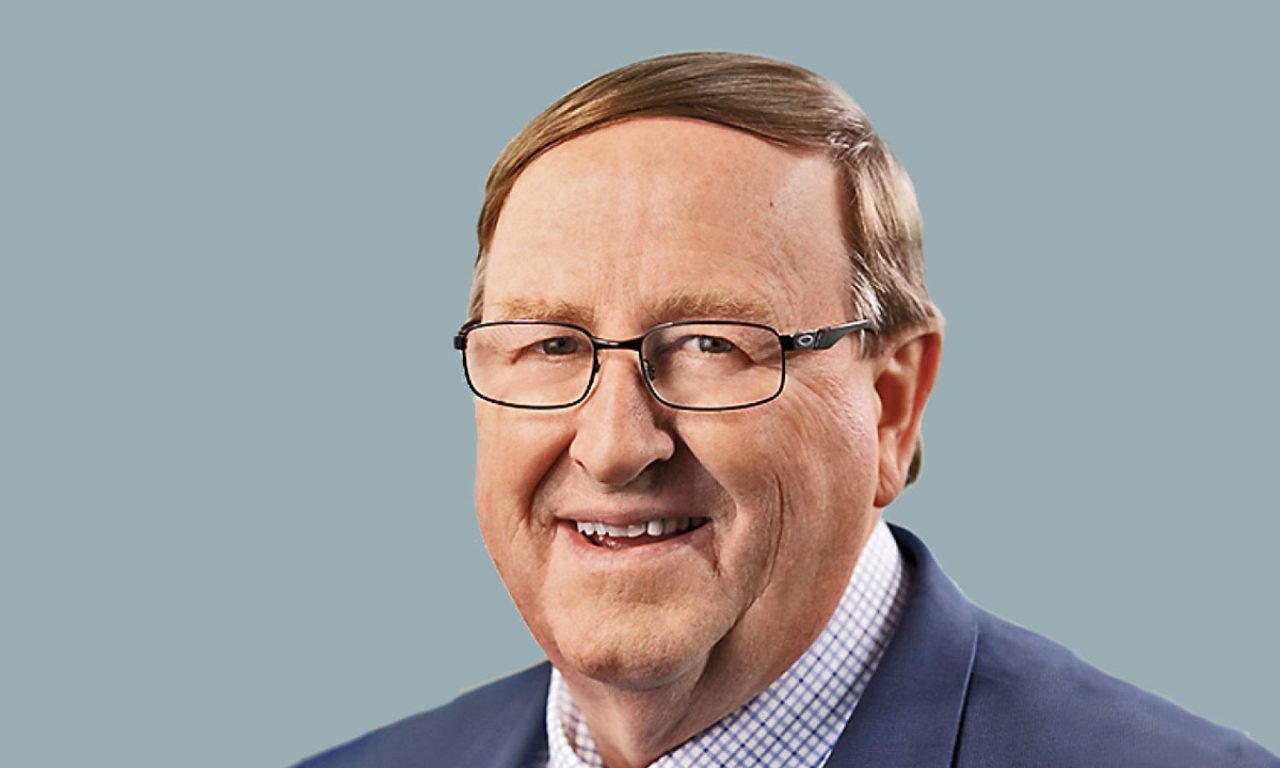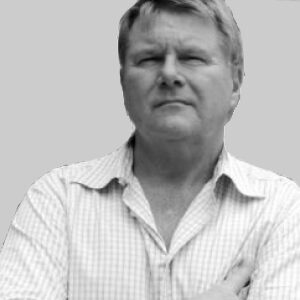David Coogan notches up his 30th straight CMSF conference this May, at which he resigns from the finance, risk and compliance committee of AIST, and accepts another round of grateful applause for his services to the super industry and heads into semi-retirement.
When he attended the first CMSF in 1990, held almost as an act of defiance in the steel-making city of Wollongong, he had already become a true believer in the difference that the new wave of super would make to the lives of ordinary Australians.
A partner at PwC for 20 years, and before that an auditor at Arthur Andersen, Coogan has been a key part of the profit-for-members sector of superannuation, as treasurer, trustee, committee member, auditor and adviser since about 1980. He turned 62 this month.
With the introduction of ‘Award Super’ in 1986, the number of funds mushroomed. Three of the earliest industry funds on which he worked were the Seafarers’ Retirement Fund, LUCRF and the Pulp & Paper Workers’ fund. He was also, of course, a trustee of the Arthur Anderson corporate staff fund.
CMSF was an instant hit with the new funds and a commercial success, such that it lasted only two years in Wollongong because of venue constraints. It spawned AIST as primarily an educational and research organisation in 1994, in time for the industry’s next growth spurt due to the introduction of the Superannuation Guarantee that year.
Coogan was a natural choice for the late Mavis Robertson to turn to ask for help in looking after the organisation’s finances, initially funded by the cashflow from CMSF. He was a trustee for AIST’s first five years and committee member ever since. He relinquishes formal ties in Adelaide on May 17-18 when he steps down from his committee at a face-to-face two-day CMSF held over from last year due to COVID.
Eva Scheerlinck, AIST chief executive, wrote recently (in late January): “David Coogan has been a mentor and a friend and an important part of the Australian Institute of Superannuation Trustees’ story. As he retires from PwC we pay tribute to a great man… He will stay on as the chair of AIST’s risk and audit committee for a few more months, and will no doubt continue to influence the industry with his sage advice and good humour. Working with you David has been a pleasure.”
Catherine Bolger, AIST president, said: “David told me he made a promise to Mavis Robertson that he would look after AIST’s finances, and he’s been true to his word… Mavis first saw in David what we all admire about him – his competence teamed with generosity.”
He was often the only man at Women in Super AGMs, having acted as the organisation’s pro-bono auditor many years, and volunteered with AIST for more than 10 years as its risk and compliance committee chair. He also provided the pro-bono audit services for SuperFriend on behalf of PwC which helped establish the mental health awareness and research organisation.
Claire Keating, a former PwC partner and trustee of AustralianSuper and NSW’s State Super, said of Coogan: “I knew about him long before I worked with him, as even back then he was well known within professional services for his commitment to his clients and the superannuation industry.”
In a tribute written by Cath Sullivan and published by AIST in January, Keating said: “Without him, I wouldn’t have learnt as much, achieved as much, or laughed as much.” He always took being a mentor seriously, encouraging younger colleagues to get involved in the sector. Once people get to a certain stage in their career, they need to get involved in a study group, or give a presentation on something that’s meaningful, Coogan believes.
But he spread his efforts in the industry beyond AIST, becoming active also in ASFA in the 1980s when it was opened up to a wider membership base and more democratic organisational structure under then-executive director Brian Scullin from 1987. Prior to Scullin, ASFA tended to be dominated by the big life offices and actuarial consulting firms.
Coogan was involved in ASFA’s first administration study group for the industry – and hasn’t missed many ASFA annual conferences over the years either – and spent a lot of time working with APRA and its predecessor, the Insurance and Superannuation Commission, as well as the accounting standards bodies to improve the efficiency of big funds. “We saved members a lot of money,” he says.
At PwC, Coogan handed over the role as head of the superannuation practice to Craig Cummins in 2016 and finishes up completely on February 26. His post-PwC dance card, however, looks to be almost full up already. “I will remain busy and take things as they come in terms of new opportunities,” he says.
He is still an independent member of the risk committee for the Commonwealth Superannuation Corporation (the public sector fund) and on the risk and audit committee of St Vincent’s Hospital Australia and St Vincent’s Hospital Melbourne.
A keen freshwater fisherman, he is chair of OzFish Unlimited, an organisation with 40 chapters and 15 staff devoted to rehabilitating rivers and estuaries around Australia.
He is interested in growing grapes through the family’s vineyard in Torrumbarry, in northern Victoria, and an interest in his son’s contracting company, which boasts a number of vineyards as customers. He is also a director of Duxton Vineyards on behalf of Queensland industry fund BUSSQ, which is a shareholder. Duxton is one of the largest suppliers of grapes in the world, providing about 1 per cent of the global market.
And he is chair of the compliance committee of Funds in Court, a self-funded Victorian group set up as part of the state’s Supreme Court Act to help people who have been in car accidents, and their families, providing not only financial assistance but also household support and education.
As a partner of a Big Four accounting firm, Coogan has sought to avoid the political limelight with his views, although he has been happy to make them known to the various government and industry committees on which he has served. “I’ve tried to be as objective as possible,” he says.
He told AIST last month: “It’s this this ongoing political ideology stuff that’s going on within the political environment… Our system is recognized globally as being in the top three – just get rid of that [ideology] and get on with it would be my take.”
He also strongly believes the evolving world of work means it is vital for the super guarantee to rise to its legislated 12 per cent.
“Anyone can work it out – it’s pretty obvious that 9.5 per cent isn’t enough, given COVID, the number of people that have had to take money out of super, unemployment and casualisation of the workforce. People are getting in and out of jobs, their careers are changing, and things happen in their lives,” he said. “I think you do need a higher contribution rate to see that through over a 40-year period.”
He believes, personally, that the industry is over-regulated. “We need to simplify the regulations. Instead, we just keep adding to them. A lot of funds do spend a lot of time with politicians and regulators. It’s the members’ money that we’re spending,” he says.


